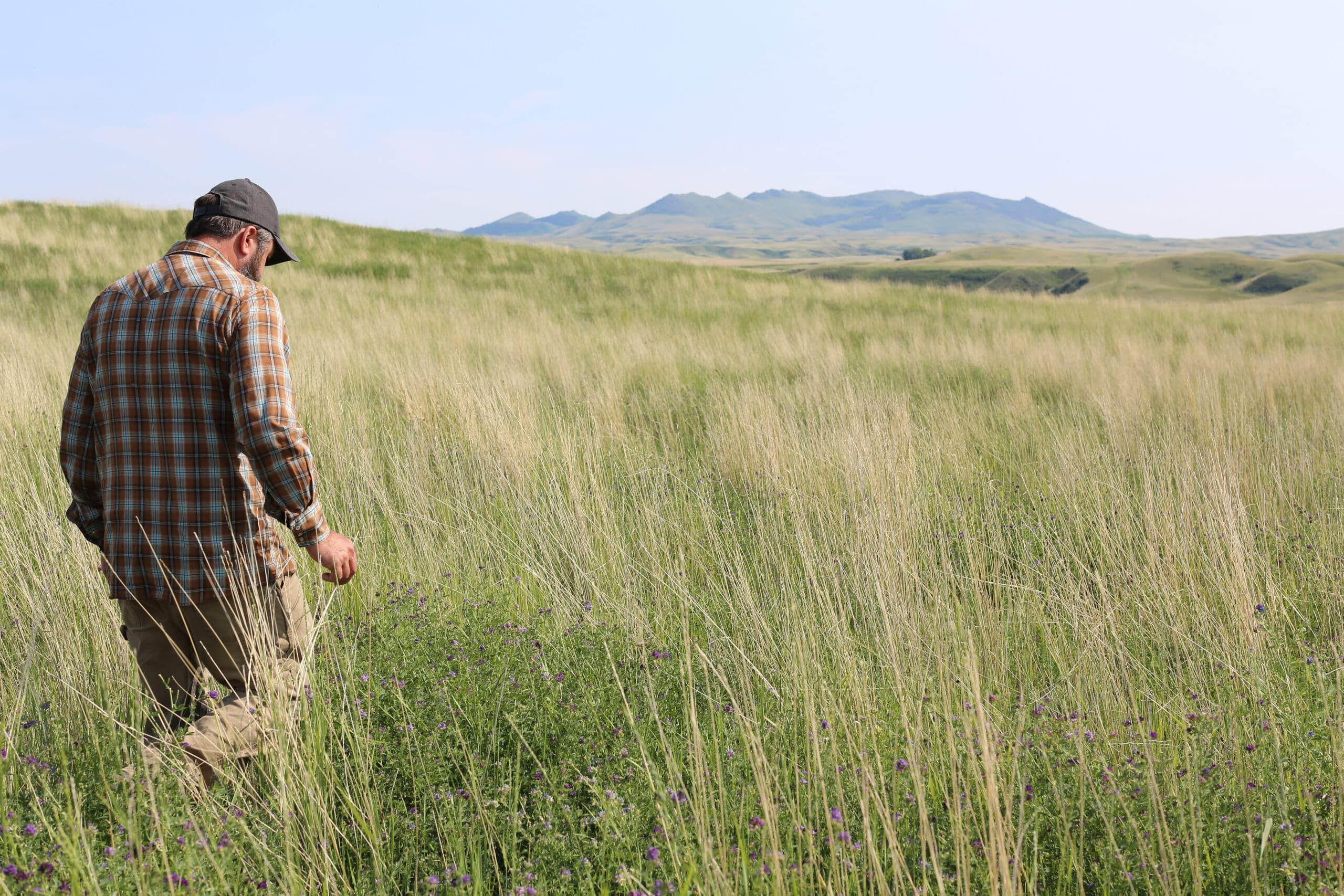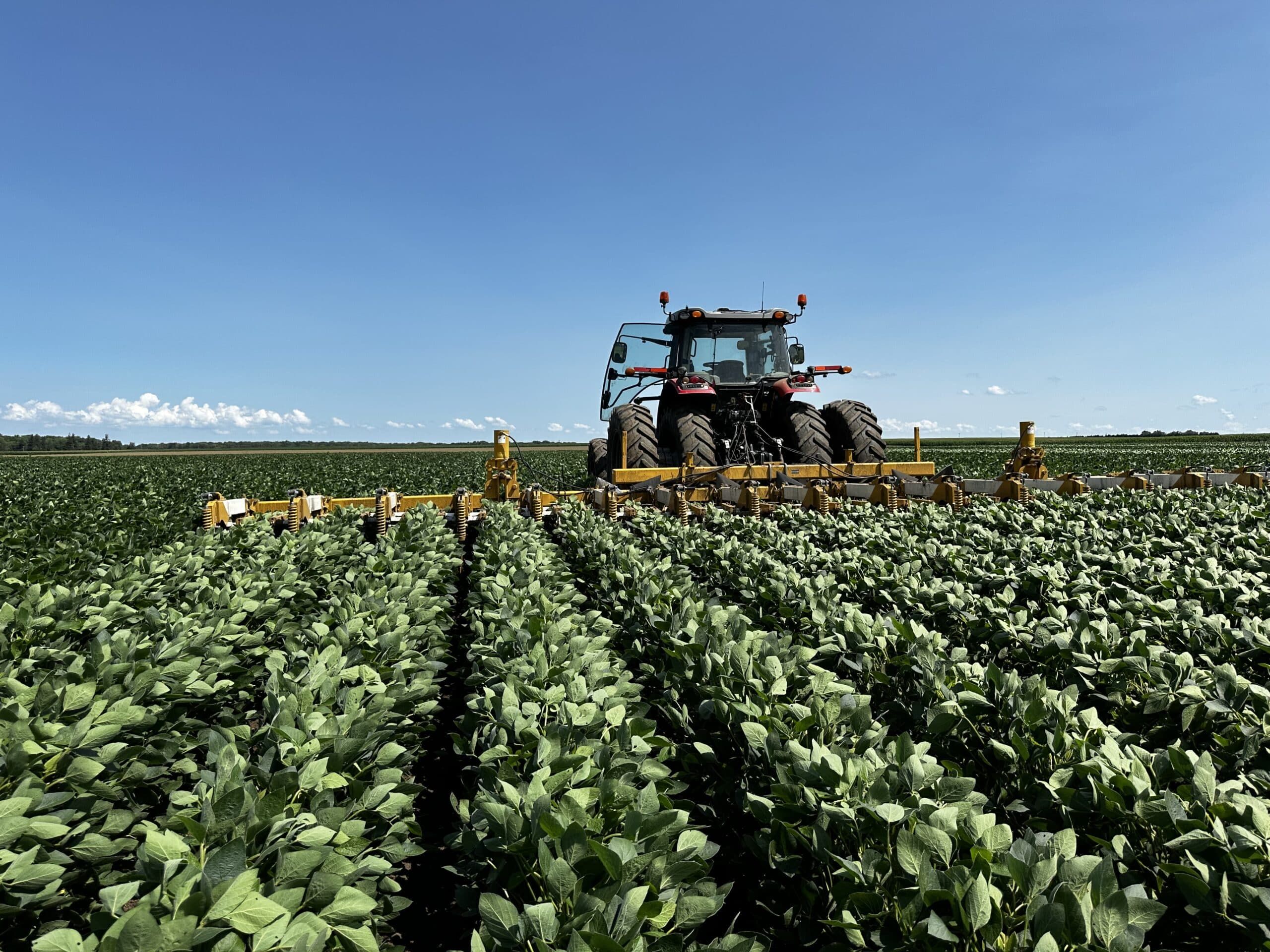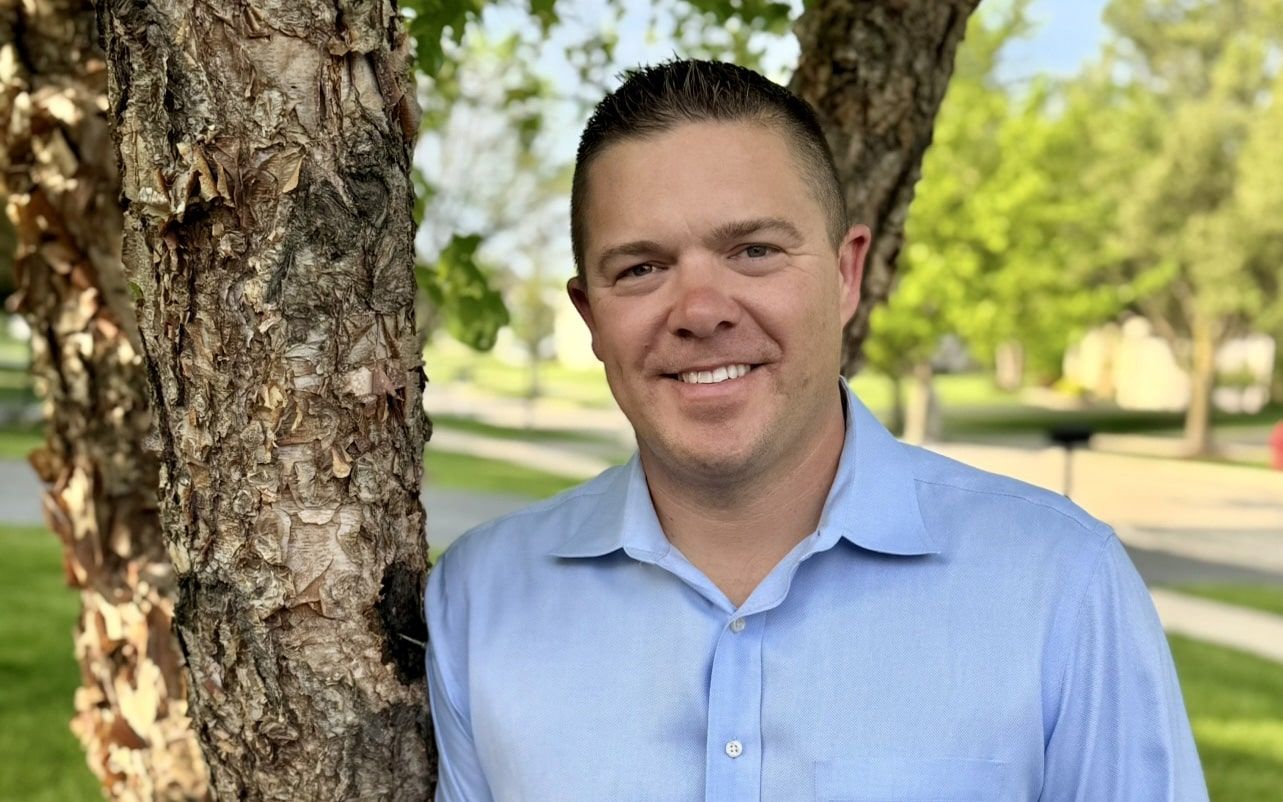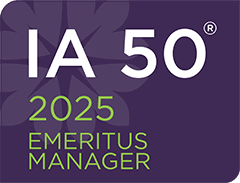BLOG
How impact investing helps meet the UN’s Sustainable Development Goals
What are the UN Sustainable Development Goals?
In 2016, the UN’s Sustainable Development Goals (SDGs) emerged as a strategic framework that companies, organizations, and policymakers can apply to solve the world’s most pressing issues. Ranging from eliminating poverty to protecting the planet, the 17 sustainable development goals are a 15-year agenda for progress. These goals include natural resource management, climate responsibility and global health.
Investing in Global Change
Moving trillions of dollars toward sustainable initiatives will be necessary to achieve these worldwide goals and impact investing plays an important role in doing so. According to the Annual Impact Investor Survey, released by the Global Impact Investing Network (GIIN) in 2018, over half of impact investors are measuring their investments’ progress against the SDGs.
How does Iroquois Valley Farmland REIT measure up within the SDG framework? Because financing organic farmland covers so much ecological and social ground, our portfolio addresses multiple Sustainable Development Goals, including goals 3, 6, 12, 13, and 15. We’re highlighting three of these goals to give you a closer look at some of our impact areas:
Ensure Access to Water and Sanitation For All: Goal 6
We work to expand acreage farmed organically in the US. With a significant number of our farms located in the Midwest, we are significantly impacting the Mississippi watershed by scaling organic agriculture in this region. This corresponds to Goal 6.6: “By 2020, protect and restore water-related ecosystems, including mountains, forests, wetlands, rivers, aquifers and lakes”.
Runoff from pesticides applied to conventional farmland is a major polluter of waterways, which impacts the human and ecological health of the watershed. Runoff from the Midwest through the Mississippi River contributes to the dead zone in the Gulf of Mexico, measured at 5,780 square miles (the size of Connecticut) in 2018. Organic farms tend to have much higher soil organic matter and less nutrient loss than conventional farms, meaning that organic fertilizers applied are retained in the soil and do not contribute to runoff. Moreover, organic fertilizers are biodegradable and break down without harming water.
Climate Action: Goal 13
Although this goal primarily relates to curbing emissions, organic and regenerative agriculture has an important role to play in mitigating and even reversing climate change by sequestering carbon from the atmosphere in the soil. With that perspective in mind, our work increasing organic acreage in the US applies to the goals of “strengthening resilience and adaptive capacity to climate-related hazards” and “improving human capacity on climate change mitigation, adaption, and impact reduction”.
Life on Land: Goal 15
This goal focuses on protecting and increasing biodiversity, as well as restoring soil and land degraded by droughts and floods. Organic agriculture prioritizes biodiversity, conservation, and soil restoration to build climate resiliency. In a world increasingly affected by climate change and its related extreme weather, our organic farmers are facing more severe flooding and drought. This makes building soil organic matter all the more important so it can retain moisture, even excess moisture, from storms through drought.
Dryland farming is a crop management system prevalent in the arid West that does not use irrigation and grows crops only by relying on rainfall during the growing season. Our farmers at Vilicus Farms in Montana use the dryland farming technique and have 30% of their farm in bio-diverse conservation habitat. Across the country, we work with farmers who are building soil, planting for pollinators, and growing nutritious food.
Learn more about investing in organic agriculture through our Direct Public Offering or Soil Restoration Notes.




